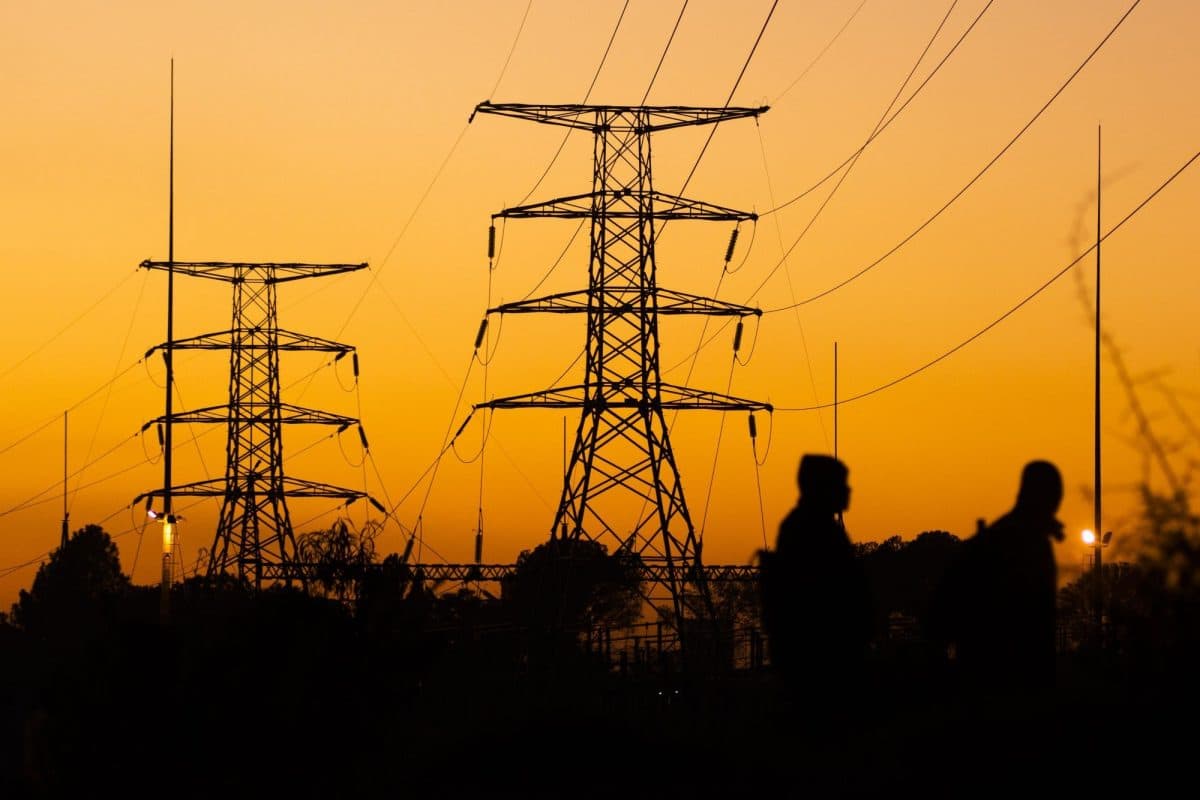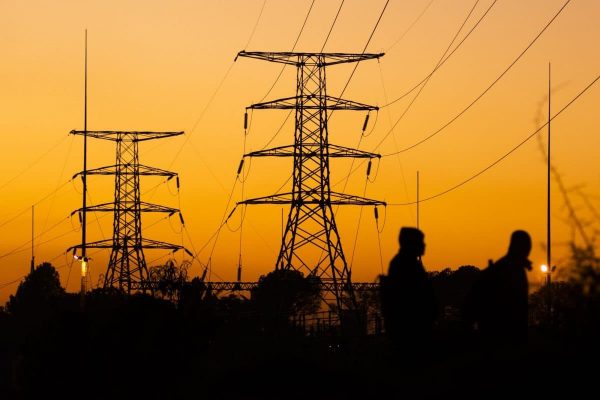Living with power outages in Nigeria has become part of daily life, but that doesn’t mean we can’t handle it better. With the frequent national grid collapse, it can be frustrating for many Nigerians. However, in this article, I share a practical guide to help you manage those frustrating moments when the lights go out.
Read more about How To
-
Plan Your Power Budget
Before buying any backup power solution, understand how much electricity you need. Write down all your important appliances and how many hours you use them. For example, your TV might need 150 watts, while your refrigerator needs 500 watts. This helps you know exactly what size generator or inverter to buy. Many people waste money buying equipment that’s either too powerful or too weak for their needs.
-
Get a Good Generator
When dealing with power outages in Nigeria, a generator is often the first solution people think of. Start by choosing one that matches your power needs. A small 2.5 KVA generator might be enough for basic needs like lights, fans, and electronics. If you run a business or need more power, consider a 5 KVA or larger model. Remember to buy from trusted dealers and always keep spare oil and fuel at home. Regular maintenance makes your generator last longer and run better.
-
Install an Inverter System
An inverter with batteries offers a quieter, more environmentally friendly way to handle power outages in Nigeria. The system stores electricity when power is available and provides it when there’s an outage. Start with batteries that can last at least 4-6 hours for your essential needs. While the initial cost might be high, you’ll save money on fuel and maintenance in the long run. Plus, your neighbours will appreciate the silence.
-
Use Solar Power
Solar panels offer a long-term solution to power outages in Nigeria. Start small with maybe one or two panels and add more as your budget allows. You can begin with just enough power for lights and phone charging, then expand to cover more appliances. While the upfront cost is significant, remember that sunlight is free and abundant in Nigeria. Solar systems also require very little maintenance once properly installed.
-
Organize Your Daily Schedule
Work around the power situation by planning your activities. When you notice patterns in your area’s power supply, schedule electricity-dependent tasks like ironing, washing machine use, or watching your favourite TV shows during times when power is usually available. Keep your phone and power banks charged whenever there’s electricity. This simple planning can make power outages in Nigeria less disruptive to your daily life.
Sign up for the Connect Nigeria daily newsletter
-
Create a Power Outage Kit
Put together a basic kit for when the lights go out. Include rechargeable lamps, batteries, battery-powered fans, and power banks. Keep torches in easy-to-reach places around your house. Make sure everyone in the house knows where to find these items. Good quality rechargeable lamps can last several hours and are safer than candles. Consider buying energy-efficient LED bulbs that work well with backup power systems.
-
Make Your Home Energy Efficient
Reduce the impact of power outages in Nigeria by making your home use less electricity. Replace old appliances with energy-efficient ones. Use curtains or blinds to keep rooms cooler during hot days. Paint your walls with light colours to brighten rooms with less artificial light. These changes help your backup power last longer when the main power goes out.
-
Protect Your Appliances
Sudden power outages and voltage fluctuations can damage your electronics. Install surge protectors for valuable appliances like TVs, computers, and refrigerators. Turn off and unplug sensitive devices during outages. When power returns, wait a few minutes before turning things back on to avoid damage from potential surges.
-
Keep Your Food Safe
Protect your food during blackouts. Open your refrigerator only when necessary. A full fridge keeps food cold longer than an empty one. Consider buying a small generator just for your refrigerator if you can’t afford a bigger system. Keep some dry and canned foods that don’t need refrigeration.
-
Network with Neighbours
Build good relationships with your neighbours. Sometimes you can share generator costs or create a schedule where different houses run their generators at different times. This way, the neighbourhood always has some power source running. You might also learn about better ways others are handling power issues in your area.
-
Stay Positive and Prepared
While power outages in Nigeria can be frustrating, maintaining a positive attitude helps. Look at it as an opportunity to spend quality time with family, read books, or enjoy outdoor activities. Keep some board games, books, or other non-electronic entertainment ready. Remember, being well-prepared makes any challenge easier to handle.
Register to attend the CN Business Mixer
Final Thoughts
When you follow these practical steps, you can make power outages less stressful and more manageable. The key is to find solutions that work for your specific situation and budget while staying safe and comfortable.
Got a suggestion? Contact us: [email protected]


